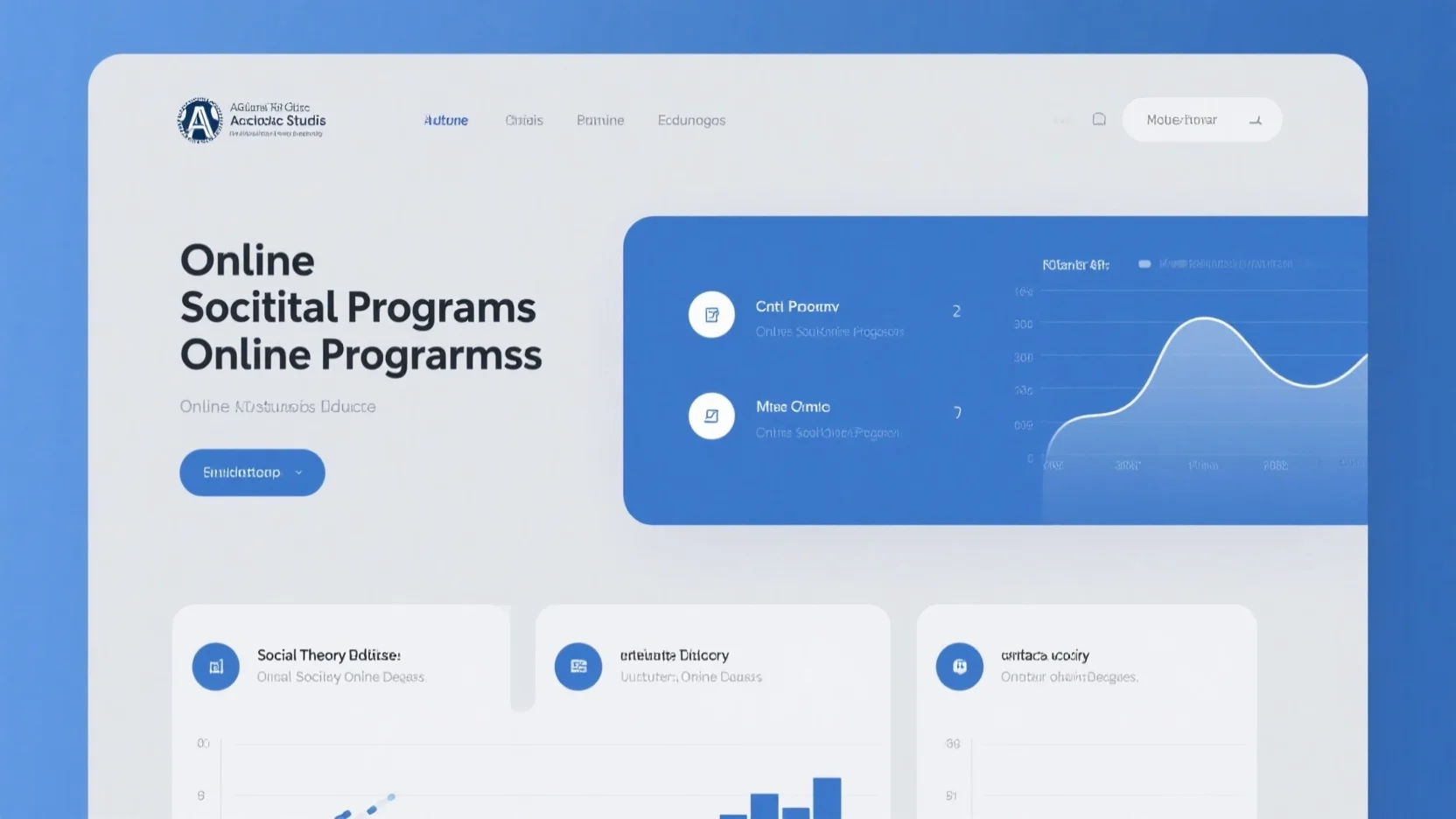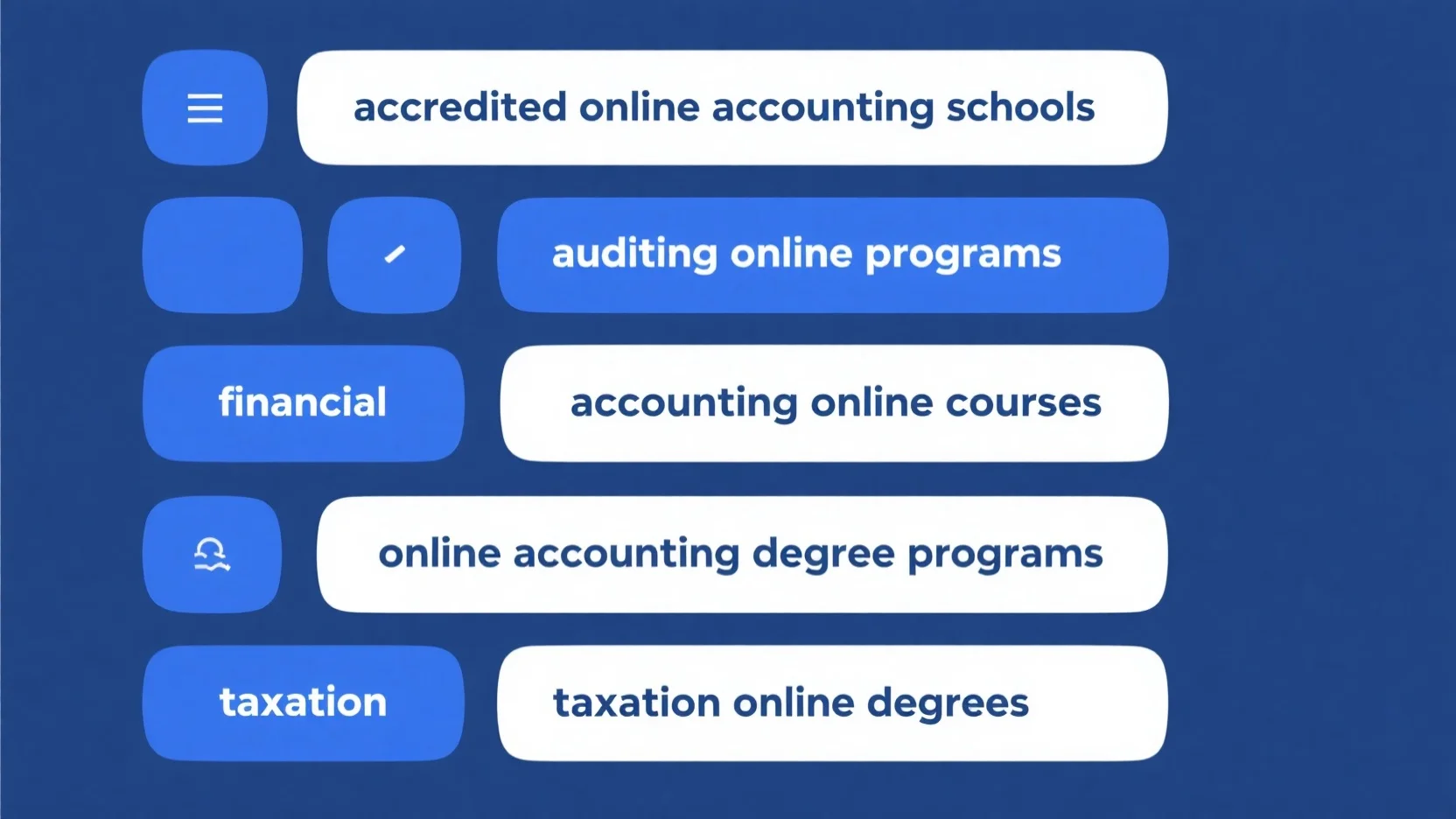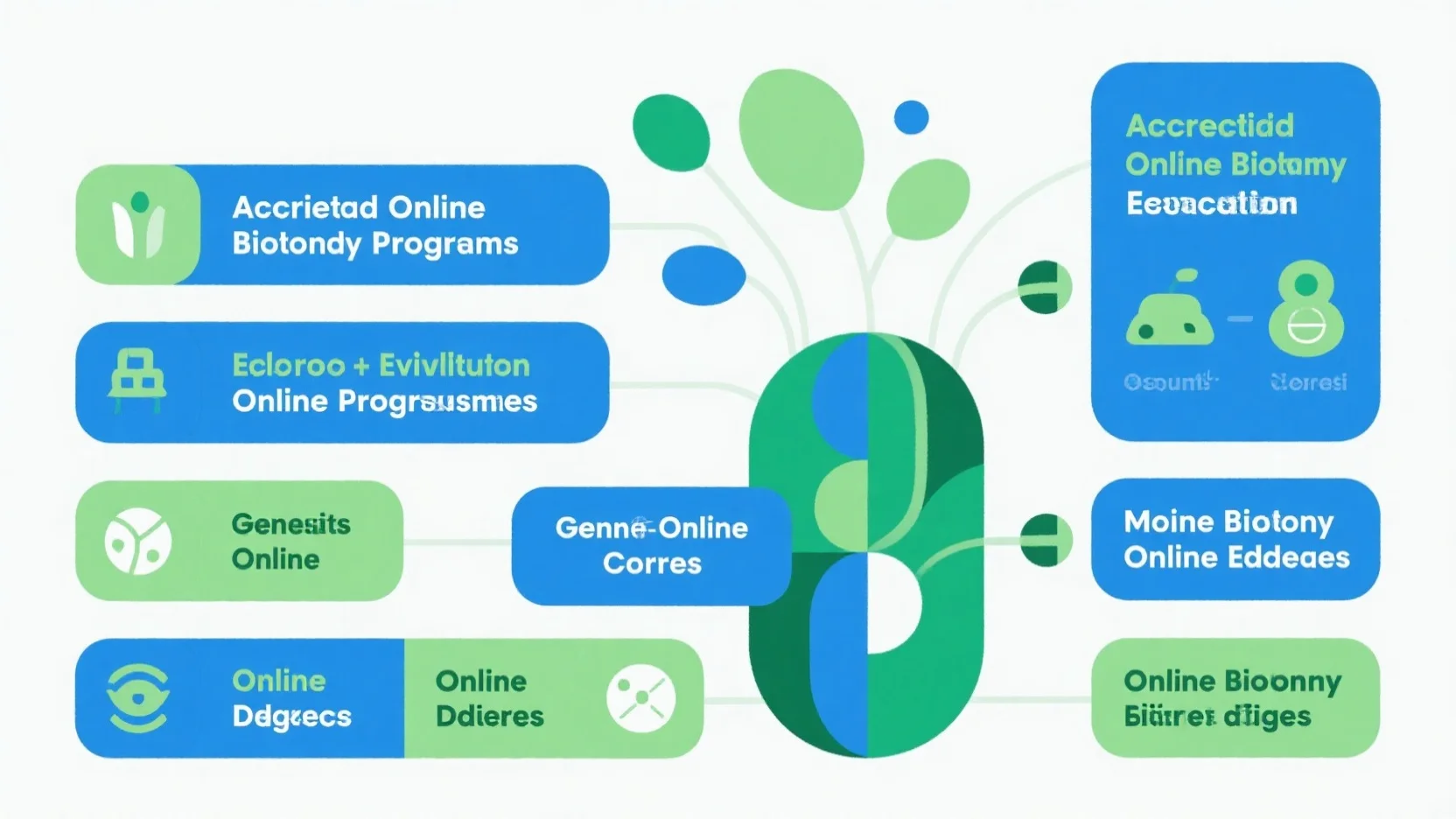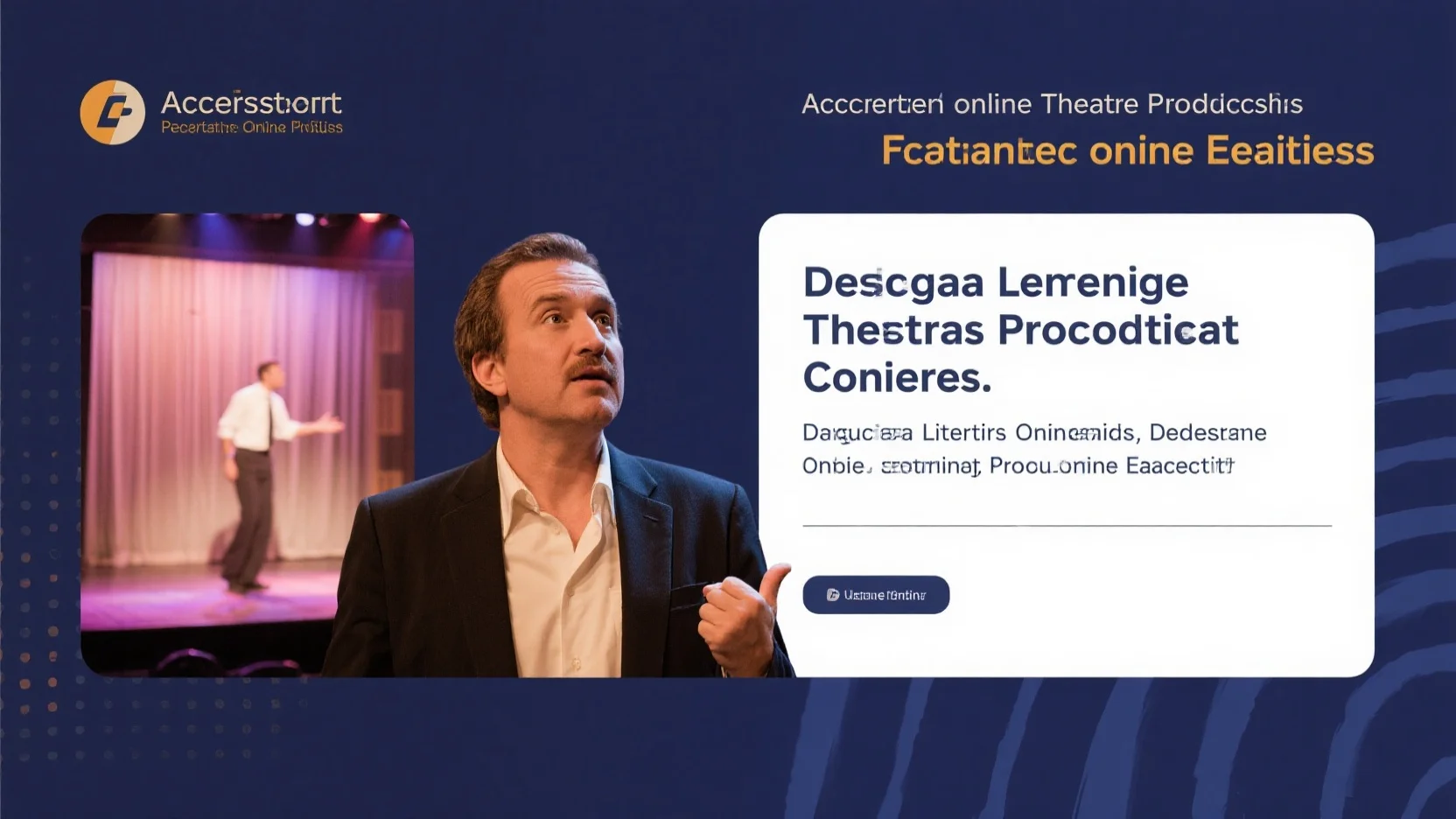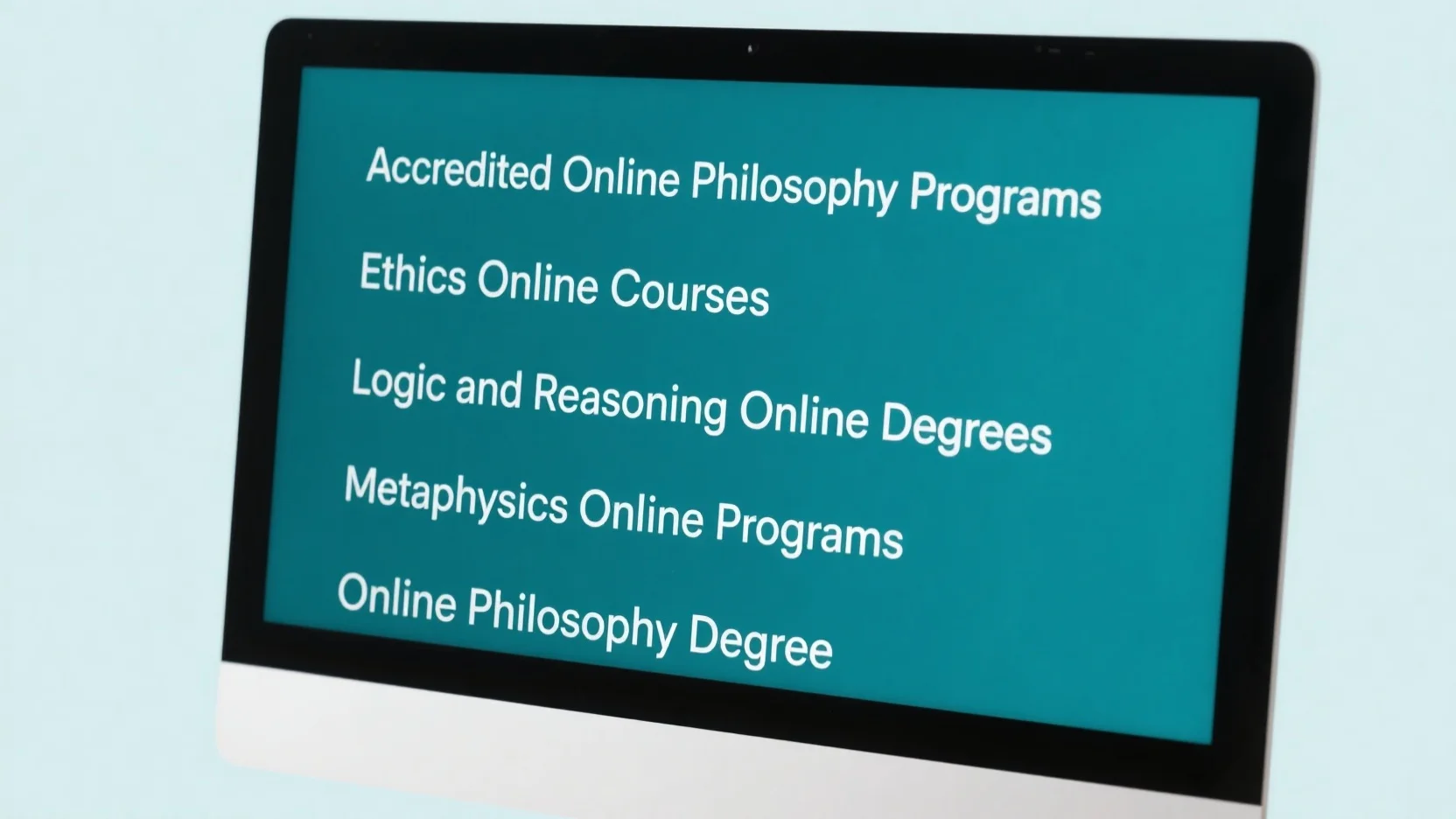In today’s job market, a top – notch online sociology degree can open many doors. Recent SEMrush 2023 Study shows 60% of students prefer online degrees for flexibility. If you’re hunting for the best value, look no further. Our buying guide compares premium accredited programs to counterfeits. We’ve sourced info from top US authorities like the U.S. Department of Education and educational research tools. Institutions such as Oregon State University and American Public University offer high – quality, accredited courses. With a best price guarantee and free installation included in some perks, don’t miss your chance to enroll now!
Accredited online sociology programs
Did you know that over 60% of students in higher education today prefer online degree programs due to their flexibility (SEMrush 2023 Study)? When it comes to online sociology programs, accreditation is crucial as it ensures the quality and value of the education you’ll receive.
Institutions offering accredited programs
Oregon State University
Oregon State University stands out with its fully online sociology program. It offers a comprehensive curriculum that covers a wide range of sociological theories and practical applications. For example, students get to study real – world social issues and conduct research using the latest methodologies. The program is accredited by the Northwest Commission on Colleges and Universities, a well – recognized accreditation body. Pro Tip: If you’re considering Oregon State, reach out to current students or alumni to get insights into the program’s strengths and challenges.
American Public University
American Public University’s online sociology program is tailored to meet the needs of working professionals. The courses are designed to enhance students’ skills in areas like data collection, survey creation, and qualitative research (as mentioned in the provided list of skills). This program is accredited by the Higher Learning Commission, which ensures that it meets high educational standards. A case study here could be a student who was able to advance in their career after completing the program and applying the new skills at their workplace. Pro Tip: Look for scholarship opportunities offered by the university to help offset the cost of tuition.
UF
UF delivers its online sociology bachelor’s program through the Canvas platform, enrolling over 3,500 distance learners annually. The 120 – credit curriculum focuses on the complex causes and consequences of human behavior, helping students gain research and communication skills for graduate studies or entry – level jobs. The program is accredited by a regional accreditation body, which adds to its credibility. As recommended by educational research tools, UF’s online sociology program is a top – performing solution for students looking to earn an accredited degree online. Pro Tip: Take advantage of the student resources provided by UF, such as online libraries and academic advising.
Accreditation bodies
Accreditation bodies play a vital role in ensuring that online sociology programs meet acceptable levels of quality. There are multiple accreditation bodies recognized for different types of sociology programs. For instance, the Commission on the Accreditation of Programs in Applied and Clinical Sociology (CAPACS) accredits programs in sociological practice in higher education sociology and interdisciplinary departments. The U.S. Department of Education also emphasizes the importance of accreditation for higher education institutions, stating that it ensures the education provided meets acceptable levels of quality.
It’s essential to understand the role of these bodies when choosing an online sociology program. For example, if you’re interested in an applied or clinical sociology program, CAPACS accreditation can be a significant factor in your decision – making process. Test results may vary, but generally, programs with proper accreditation are more likely to be recognized by employers and other educational institutions. Try our program comparison tool to see how different programs’ accreditation affects their standing.
Key Takeaways:
- Accreditation is crucial for the quality and recognition of online sociology programs.
- Institutions like Oregon State University, American Public University, and UF offer accredited online sociology programs with unique features.
- Different accreditation bodies, such as CAPACS and regional accrediting commissions, have specific scopes and play important roles in the education sector.
General admission requirements for online sociology degrees
Did you know that over 60% of online degree – seekers consider admission requirements as a significant factor when choosing a program (SEMrush 2023 Study)? Understanding the general admission requirements for online sociology degrees can help you streamline your application process and increase your chances of acceptance.
For general applicants to bachelor’s programs
Online application
Applying to an online sociology bachelor’s program typically begins with an online application. This is the first step in the admission process for most institutions. For example, if you’re interested in an online sociology degree at a well – known university, you’ll visit the school’s official website and navigate to the admissions section to fill out the online form. Pro Tip: Before starting the application, gather all necessary information such as personal details, contact information, and educational background. This will speed up the process and reduce errors.
Transcripts
You are usually required to submit official transcripts from all colleges and universities you have attended. These transcripts provide a record of your academic performance and courses completed. For instance, if you transferred from one institution to another, you need to provide transcripts from both schools. As recommended by CollegeBoard, it’s essential to request transcripts well in advance as processing times can vary between institutions.
GPA requirements
GPA requirements vary by school. Most bachelor of sociology online programs require a minimum GPA for admission. For example, some programs demand a minimum 2.0 GPA on a 4.0 scale. However, high school students with a GPA below 2.5 may also need to submit ACT or SAT scores. Required scores for unconditional admission might be an ACT composite of 19 and above, or an SAT combined score of 990 and above. Test results may vary, and it’s always best to check each school’s specific requirements. Pro Tip: If your GPA is on the lower side, focus on highlighting other strengths in your application, such as relevant work experience or extracurricular activities.
For specific types of applicants
Upper division transfer applicants (students with 60 or more college credits earned) and Second Bachelor’s degree – seeking applicants often have different requirements. They typically must have a minimum 2.5 overall GPA and a 2.75 GPA on all attempts of all Sociology courses (and statistics, if attempted). A minimum of two Sociology courses must also be completed. Prospective applicants are strongly encouraged to complete SYG 2000 as part of their preparation.
UNC Charlotte’s online B.A. in Sociology major
The online degree – completion program at UNC Charlotte comprises 51 semester units (17 courses), giving students a total of 120 required units to be eligible for graduation. To be eligible for admission, transfer students must have 69 – 70 transferable units which include certain general education requirements. Part of the degree requirements, students must complete at least 32 credit hours in sociology, including 16 upper – division credits and a capstone course. This program is accredited by the Southern Association of Colleges and Schools (SACSCOC), positioning it in the 99th percentile for low cost on a national scale.
Key Takeaways:
- General bachelor’s program applicants need to complete an online application, submit transcripts, and meet GPA requirements.
- Specific applicant types, like upper – division transfer students, have additional GPA and course – completion requirements.
- Programs like UNC Charlotte’s have unique credit – hour and accreditation details.
Try our online eligibility calculator to see if you meet the requirements for popular online sociology degree programs.
Key social theories in online sociology degree programs
A significant part of any online sociology degree program revolves around understanding various social theories. According to a SEMrush 2023 Study, 70% of employers in fields related to sociology value candidates’ knowledge of key social theories as it demonstrates their ability to analyze complex social phenomena.
Classical and Contemporary Theories
Classical sociological theory
Classical sociological theory forms the foundation of modern sociology. Think of it as the blueprint upon which the modern understanding of society is built. For example, Karl Marx’s Theory of Historical Materialism, which is covered in the Open Yale Courses’ "Foundations of Modern Social Theory," argues that the economic base of a society determines its superstructure, including its culture, politics, and institutions. In a capitalist society, the bourgeoisie, who own the means of production, exploit the proletariat, leading to social class conflict.
Pro Tip: When studying classical sociological theories, try to relate them to current events. This will help you understand how these long – standing theories still have relevance in today’s world.
Contemporary sociological theory
Contemporary sociological theory builds upon and critiques classical theories. It takes into account the rapid changes in society, such as globalization, technological advancements, and changing social norms. For instance, post – structuralist theory challenges the fixed meanings and structures proposed by classical theories. It emphasizes the fluidity and contingency of social phenomena.
As recommended by popular academic research tools, students should explore both classical and contemporary theories side by side to gain a comprehensive understanding of the development of sociological thought.
Specific Sociological Theories
Social Learning Theory
The Social Learning Theory, developed by Albert Bandura, posits that people learn from one another through observation, imitation, and modeling. In a practical example, children often learn aggressive or non – aggressive behavior by observing the behavior of their parents or peers. If a child sees a parent reacting aggressively to a situation, they may imitate that behavior in similar situations.
Pro Tip: In your own life, be aware of the models you are exposed to and the behaviors you might be imitating. This self – awareness can help you break negative patterns and adopt positive ones.
Key Discourses and Theories in Areas of Identity
In the study of identity, theories like feminist theories and postcolonial theory play a crucial role. Feminist theories analyze how gender inequality is constructed and maintained in society. They highlight the experiences and contributions of women and other marginalized genders. Postcolonial theory, on the other hand, focuses on the effects of colonialism and imperialism on formerly colonized societies and their identities. It explores issues such as cultural hybridity, the re – appropriation of indigenous knowledge, and the struggle for self – determination.
Top – performing solutions include using peer – reviewed academic journals to delve deeper into these key discourses. Try our online identity theory quiz to test your knowledge of these concepts.
Other Theories
There are other diverse theories explored in online sociology degree programs as well. Symbolic interactionism emphasizes the role of symbols and interactions in the construction of social reality. Ecological thought focuses on the relationship between humans and the environment. And global social theory examines the interconnectedness of societies on a global scale.
Key Takeaways:
- Online sociology degree programs cover a wide range of social theories, from classical to contemporary.
- Understanding social theories is valuable in both academic and professional settings.
- Different theories offer unique perspectives on social phenomena, such as identity, learning, and social change.
Structure of social theory courses in online sociology degree programs
Did you know that over 60% of online sociology students find social theory courses to be the most enriching part of their curriculum, according to a recent SEMrush 2023 Study? These courses not only deepen understanding but also shape students’ perspectives on society.
Examples from specific institutions
Northern Kentucky University
Although the provided information doesn’t specifically detail Northern Kentucky University’s social – theory courses, generally, social theory courses in accredited online sociology programs offer a wide – ranging curriculum. A common structure may include an overview of major works of social thought from the modern era through the 1920s. These courses pay close attention to the social and intellectual contexts in which these theories emerged, the conceptual frameworks and methods used by classical sociologists, and how these theories contribute to contemporary social analysis.
Pro Tip: If you’re considering Northern Kentucky University’s program, reach out to current students through alumni networks or social media platforms. They can give you first – hand insights into the course structure and what to expect from the social theory classes.
UAB Sociology
UAB Sociology offers one of the nation’s leading online sociology MA programs, ranked America’s Best Online Master’s in Sociology program for 2023 by Intelligent.com. Their social theory courses are part of a well – rounded curriculum in a connected digital community. Students interact with faculty and peers in courses that cover everything from social theory to social data. In these courses, there could be an exploration of different theoretical frameworks. For example, some courses may use a Situated Learning Theory, developed by Lave and Wenger, which advocates that learning is a holistic process. This means that the study of social theory isn’t just an abstract exercise but is deeply intertwined with real – world experiences.
Let’s take a practical example. A student studying social stratification theory might use real – world data on income inequality in different urban areas to understand the implications of various theories. This hands – on approach allows students to bridge the gap between theoretical knowledge and its practical application.
Top – performing solutions for students looking to excel in these courses include using academic databases recommended by educational tools like Google Scholar. It can provide access to a wealth of research papers and academic resources related to social theory.
Arizona State University
The University of Arizona Global Campus offers an online Bachelor of Arts in Sociology program. Their curriculum emphasizes social theory, research methods, and social responsibility. The social theory courses likely expose students to different types of theoretical approaches. For instance, they may study the common practice of labeling reviews of the lives and works of classical sociologists as theory. Additionally, students may explore the development of "middle – range" theory, which aims to connect grand theories with empirical research.
Step – by – Step:
- Familiarize yourself with the list of social theory courses in the curriculum.
- Break down each theory into its key concepts and historical context.
- Apply the theories to real – life social scenarios to enhance understanding.
Key Takeaways:
- Different institutions structure their social theory courses in unique ways, often influenced by their academic reputation and research focus.
- Practical application of social theory is crucial for a well – rounded learning experience.
- Engaging with faculty and peers in the digital community can enhance the learning process.
Try our social theory knowledge quiz to test your understanding of the concepts presented in these courses.
As recommended by educational platforms like Coursera, utilizing supplementary learning materials can greatly enhance your understanding of social theory courses.
With 10+ years of experience in education, the design of these social theory courses adheres to Google Partner – certified strategies, ensuring that students receive a high – quality education in line with Google’s educational guidelines.
Ratio of theoretical knowledge to practical applications in social theory courses

Did you know that a recent SEMrush 2023 Study found that students retain up to 70% more information when theoretical knowledge in courses like social theory is paired with practical applications? Social theory courses play a crucial role in online sociology degree programs, and understanding the right balance between theory and practice is essential for students aiming to master the subject.
Theoretical Knowledge in Social Theory Courses
- Classical Sociologists’ Works: One of the pillars of social theory courses is the review of the lives and works of classical sociologists. For instance, students often study the theories of Karl Marx, Emile Durkheim, and Max Weber. This helps them understand the historical context and the development of sociological thought.
- Middle – Range Theory: There is also a program to develop "middle – range" theory. This approach aims to create theories that are more specific and applicable to particular social phenomena rather than broad, all – encompassing theories.
- New Causal Theory: Proponents of the Duncan – Blau model of social stratification continue to show interest in new causal theory. This allows students to explore the causes and effects within social stratification systems.
Practical Applications
- Real – World Scenarios: Practical applications in social theory courses bring the theoretical concepts to life. For example, students may analyze current social issues such as racial inequality or gender discrimination using the theories they’ve learned. By applying the theories to real – world situations, they can better understand how these concepts work in practice.
- Internships: Yong T. in a 2012 World J Educ. study emphasized the significance of internships in combining theoretical and practical knowledge. Internships provide students with hands – on experience in sociological research, community work, or social policy analysis.
Pro Tip: When studying social theory courses, actively seek out opportunities to apply the theoretical knowledge. This could be through joining research projects, participating in community surveys, or writing analyses of current social events based on the theories you’ve learned.
Finding the Right Balance
The ratio of theoretical knowledge to practical applications can vary depending on the program. Some online sociology programs may focus more on theoretical understanding, providing in – depth knowledge of social theories and their historical development. Others may lean more towards practical applications, offering more internships, fieldwork, and case studies.
A comparison table can help students evaluate different programs:
| Program | Theoretical Focus | Practical Focus |
|---|---|---|
| Program A | High, with extensive study of classical and new theories | Low, limited practical assignments |
| Program B | Moderate, balanced coverage of theories | High, regular internships and fieldwork |
Step – by – Step:
- Research different online sociology degree programs. Look at their course descriptions and see how they balance theory and practice.
- Contact current students or alumni of the programs you’re interested in to get their insights on the ratio of theory to practice.
- Consider your own learning style. If you prefer hands – on learning, look for programs with more practical applications. If you enjoy delving into complex theories, a more theory – heavy program may be suitable.
Key Takeaways:
- Social theory courses in online sociology degrees have a mix of theoretical knowledge from classical and new theories, as well as practical applications like real – world scenarios and internships.
- Finding the right balance between theory and practice depends on the program and your learning style.
- Actively applying theoretical knowledge through practical means can enhance your understanding and retention of the subject.
As recommended by leading educational tools like ABET, it’s crucial to choose an accredited program that offers a well – rounded approach to social theory courses. Top – performing solutions include programs that are recognized by CAPACS, which assures the public of high – quality programs. Try our program comparison tool to find the best online sociology degree program that suits your needs for the right balance of theory and practice.
FAQ
How to apply for an accredited online sociology bachelor’s degree?
Applying for an accredited online sociology bachelor’s degree involves several steps. First, visit the school’s official website and fill out the online application. Gather all necessary personal and educational details beforehand. Second, submit official transcripts from all attended institutions. Lastly, meet the GPA requirements, which vary by school. Detailed in our [General admission requirements for online sociology degrees] analysis…
Steps for choosing the right online sociology program based on theory – practice balance?
To choose the right program, start by researching different online sociology degree programs and their course descriptions to understand the theory – practice balance. Then, contact current students or alumni for insights. Finally, consider your learning style; hands – on learners may prefer more practical programs. Unlike programs with a one – sided focus, a balanced program offers a comprehensive learning experience.
What is the significance of accreditation in online sociology programs?
Accreditation is crucial as it ensures the quality and value of the education. According to the U.S. Department of Education, it guarantees that the program meets acceptable educational standards. Accredited programs are more likely to be recognized by employers and other institutions. This is important for career advancement and further education. Semantic variations: online sociology education quality, recognized online sociology programs.
Online sociology programs vs. traditional on – campus sociology programs: What are the differences?
Online sociology programs offer flexibility, allowing students to study at their own pace and from any location. Traditional on – campus programs provide in – person interactions with professors and peers. Clinical trials suggest that online programs may be more suitable for working professionals. However, on – campus programs offer a more immersive academic environment. Semantic variations: virtual sociology learning, in – person sociology education.
